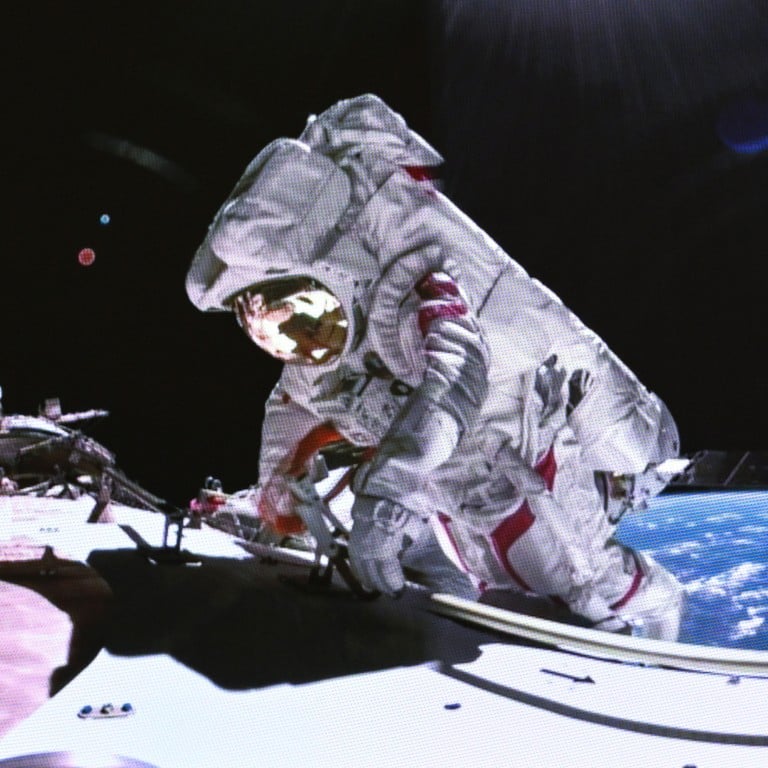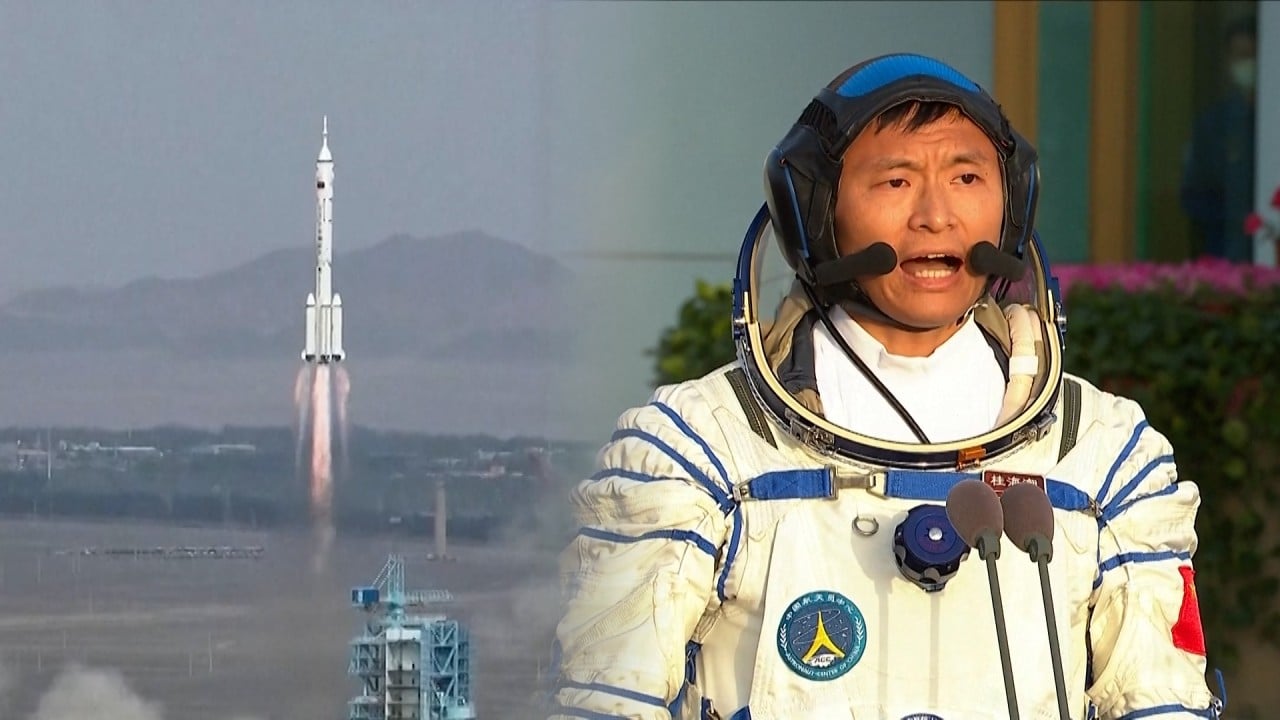
It’s not rocket science: Hong Kong needs to jump on Chinese space bandwagon
- Top-tier cities in mainland China are planning to foster commercial space ecosystems of their own
- Mainland NewSpace companies are keen to connect to the world through Hong Kong. The city’s government should take note
I’ve just returned from a mission to Beijing to seek partners for not only scientific space research but also commercial “NewSpace” endeavours.
Attending six meetings in 2½ days was exhausting yet exhilarating. Why? Because the mood music from every group we met, whether in the halls of academia or the boardrooms of private companies, is effectively the same.
We found ourselves in a “can-do” atmosphere humming with excitement about what the future may hold, an impatience to act, a keenness to deliver, and fervour for all things space.
On the mainland, commercial space activities are seen as an incubator and facilitator of new industries and technologies for the longer-term wealth and health of a developed nation. No short-termism here, unlike among many Western governments.
China’s aims include developing and improving overall space capabilities, growing its economic footprint in the commercial space sector, as well as real and meaningful international collaboration.
This intent is not new, but it is earnest. For example, the Chinese government’s 2022 white paper, “China’s Space Program: A 2021 Perspective”, mentions “international” 59 times and “cooperation” 39 times.
Top-tier cities on the mainland are clearly paying attention to this mood music. Beijing and Shanghai both recently revealed impressive plans to foster commercial space ecosystems of their own. Hong Kong should take note.
At the same time, there is a real eagerness, far stronger than I expected, among mainland NewSpace companies to reach out to Hong Kong. This is because of their strong belief in Hong Kong, whose special status as a meeting point of East and West, and of opportunity and pragmatic cooperation, remains concrete.
Old Hong Kong has no future? Good, merge it with Shenzhen
This belief persists, despite well-known headwinds and all-too-frequent blasts of Western propaganda about Hong Kong being finished or living off the fumes of past glories. I do not agree with such a negative view, and to my knowledge, it has not infected much mainland thinking about Hong Kong. However, I do think our city needs to be more in tune with the national mood, and more aware of the burgeoning opportunities in NewSpace.
Against this international backdrop of large-scale commercial space operations, smaller enterprises are very active and new start-ups are proliferating.
The global space economy, currently valued at about HK$3 trillion (US$384 billion) by Bryce Tech, could reach HK$7 trillion in the next decade or so. A Chinese Elon Musk is not such a ridiculous prospect.
And yet, despite the unique strengths Hong Kong continues to enjoy under “one country, two systems”, and which could be tapped to explore opportunities in NewSpace, the government seems curiously unmoved.
In the meantime, our elite institutions such as Hong Kong Polytechnic University and the University of Hong Kong are playing their part and setting the pace. Hong Kong University of Science and Technology has launched a satellite from the mainland, while the Chinese University of Hong Kong is increasingly involved in the mainland space sector. And Hong Kong’s Orion Astropreneur Space Academy (OASA) continues to fight the good fight.
Let’s hope government policy will shift, and the green light will be given for NewSpace to help turbocharge our smart city.
Quentin Parker is an astrophysicist based at the University of Hong Kong and director of its Laboratory for Space Research


